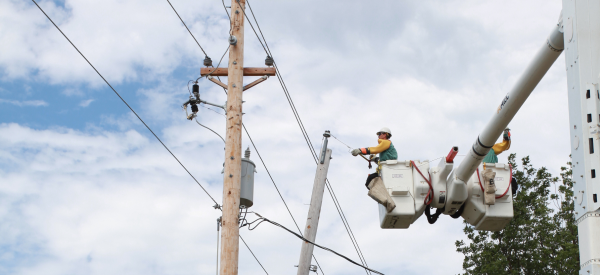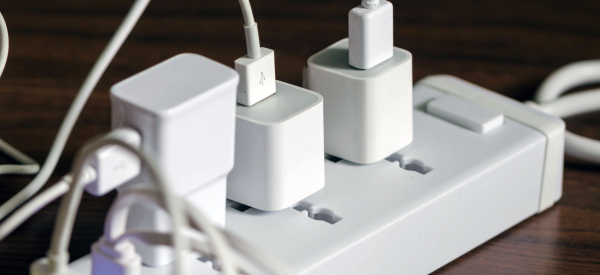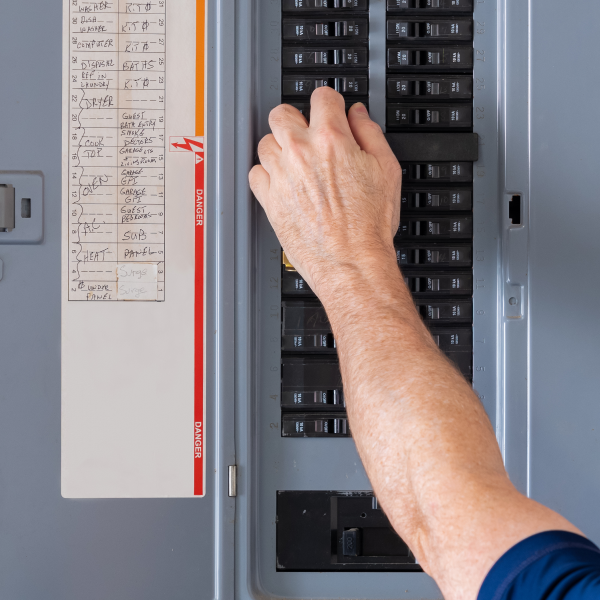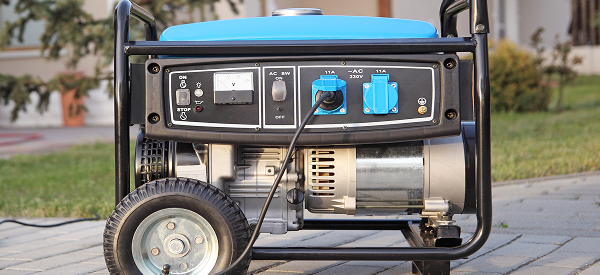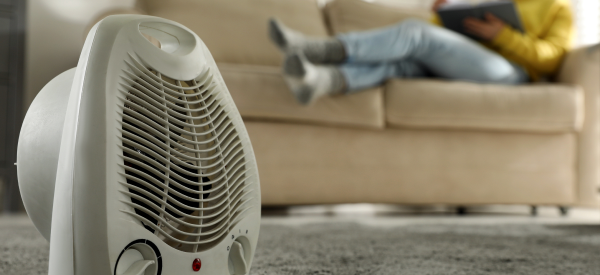Electrical Safety
We all count on electricity to power our modern lives, but staying safe starts with knowing the potential risks and how to avoid them. These guidelines below will help keep you and your family safe around electricity.
Electric safety essentials
Stay at least 35 feet away from power lines, substations and other electric facilities. Always assume power lines, wires on the ground and other electric utility equipment are energized.
Keep electrical equipment away from water and moisture. Don’t operate any electrical appliances with wet hands.
Avoid overloading electrical outlets. Plugging too many cords into one outlet can cause a fire hazard.
Seek professional assistance when needed. Under most circumstances, resetting a circuit breaker or GFCI outlet is all it takes to fix an electrical issue. But, if that doesn’t solve the problem, have a licensed electrician investigate further and make any necessary repairs.
